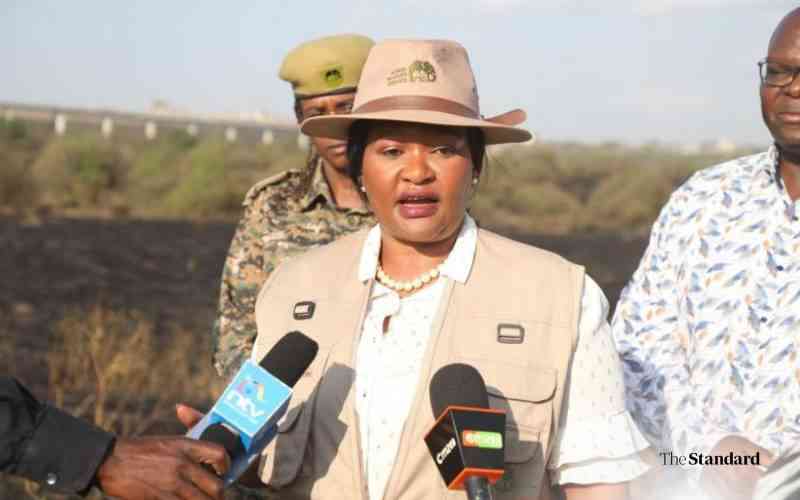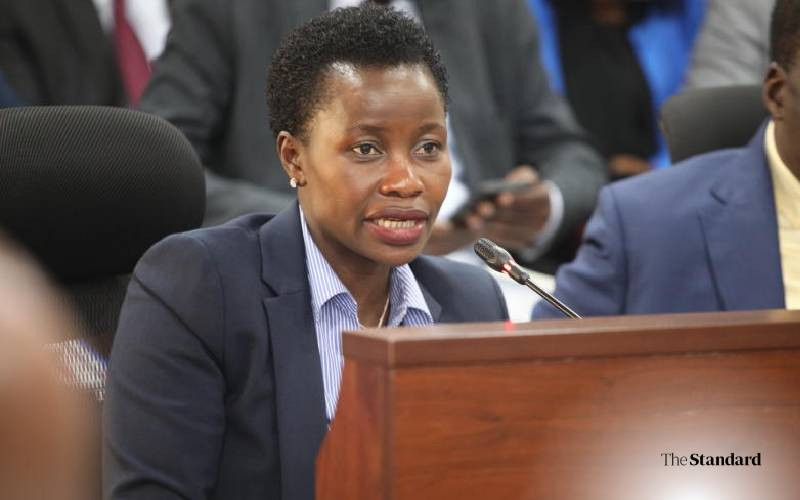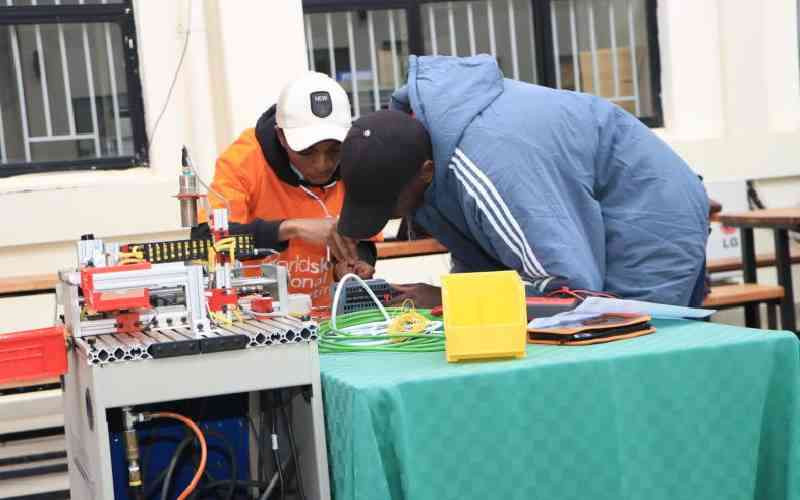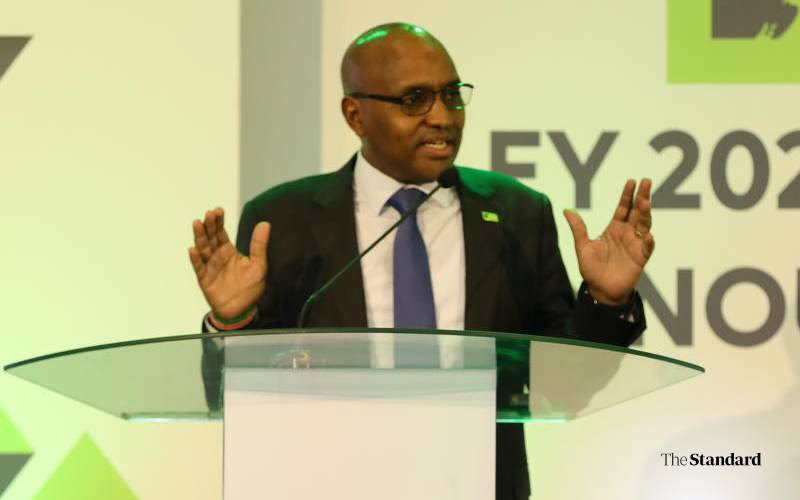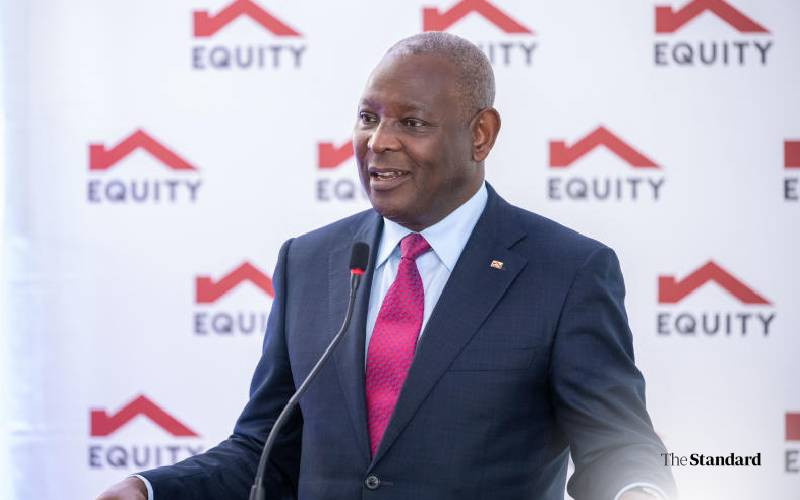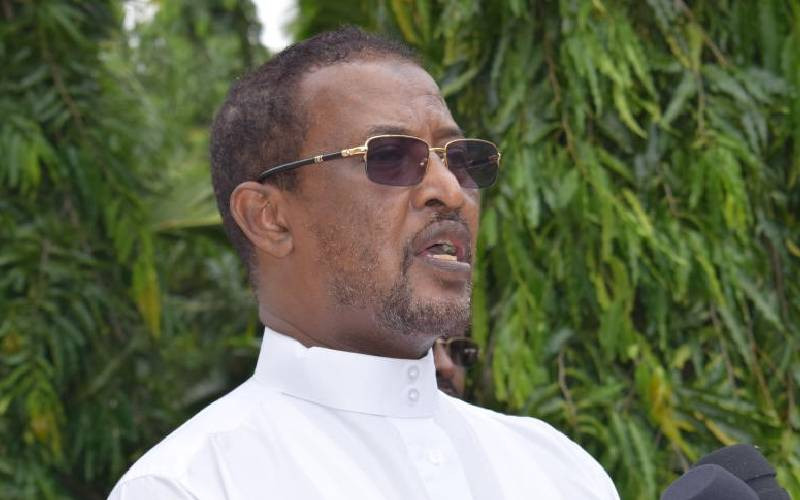
As Kenya navigates its regional diplomatic strategy, one issue looms large: Jubaland. The semi-autonomous region in Somalia, long plagued by political instability and security threats, has become a thorn in Kenya’s side, affecting not only its border security but also its diplomatic standing in East Africa. Resolving the Jubaland issue is crucial, not just for stabilizing Somalia but also for recalibrating Kenya’s regional influence—particularly in the wake of recent diplomatic setbacks, such as Raila Odinga’s failed bid for the African Union Commission (AUC) chairmanship.
Jubaland, with its deep historical and political ties to Kenya, is a pivotal piece in this geopolitical puzzle. For over 14 years, Ahmed Madobe, Jubaland’s leader, maintained a close relationship with Kenyan administrations, leveraging his position to counter the influence of Somalia’s federal government. Yet, this alliance has now become a liability, endangering Kenya’s relationship with Somalia and jeopardizing its broader regional strategy.
The diplomatic friction between Kenya and Somalia is not new. Under former Somali President Mohamed Abdullahi Farmajo, tensions escalated over territorial disputes, economic interests, and security concerns, including the maritime boundary disagreement in the Indian Ocean. However, the election of President Hassan Sheikh Mohamud marked a turning point. Unlike his predecessor, Mohamud fostered a close relationship with President Ruto, paving the way for unprecedented diplomatic cooperation.
This rapprochement was strategically significant. Not only did it stabilize the relationship, but it also presented Kenya with an opportunity to exert greater influence in Somali politics. More importantly, Mohamud reportedly offered his support for Raila Odinga’s candidacy for the AUC chairmanship underscoring the strategic importance of maintaining strong Somali-Kenyan relations.
However, the relationship began to sour when Jubaland’s leader, Ahmed Madobe, held elections against the wishes of the Somali federal government. Ahmed Madobe who has governed Jubaland since 2012, is a highly contentious and polarizing figure in Somali politics. Throughout his career, he has consistently positioned himself in opposition to the last 5 presidents of Somalia, often acting as a destabilizing force within the country.
Madobe’s decision to proceed with elections—despite opposition from the Somali government and rejection by key opposition groups—placed Kenya in a diplomatic quandary.
In response to the controversial elections and at the request of Somalia’s president, President Ruto directed Kenya’s respective agencies to collaborate with the Somali government to ensure credible elections in Jubaland and facilitate a leadership transition. The move was aimed at strengthening bilateral relations and enhancing regional security. However, tensions flared when Kenyan officials airlifted Madobe from Kismayo in January, fueling suspicions in Mogadishu about Kenya’s continued support for the embattled leader.
Ahmed Madobe’s leadership in Jubaland has become increasingly untenable. His administration has been marred by political fragmentation, a weakening security apparatus, and growing public discontent. Despite his longstanding alliance with Kenya, his inability to maintain unity within Jubaland and his failure to curb Al-Shabaab’s influence has eroded his political legitimacy.
Al-Shabaab controls approximately 80% of Jubaland’s rural areas, including Buale, the regional capital. His security forces have been plagued by defections, with some members allegedly selling weapons to Al-Shabaab. This disintegration not only jeopardizes Jubaland’s stability but also poses a direct threat to Kenya’s national security, particularly in the border counties of Mandera, Garissa, Wajir, and Lamu. His tenure has proven to be a failure in safeguarding Kenya’s security interests. Despite the political, security, and financial investments Kenya made in supporting Madobe over the past 14 years, Al-Shabaab continues to pose a significant threat to Kenyan territory.
As a direct consequence of this security failure, the border between Kenya and Somalia remains closed due to persistent insecurity, affecting economic growth and cross-border trade. This border closure has also impacted the lives of thousands of residents who depend on the movement of goods and people for their livelihoods. Madobe has failed to deliver security or stability, ultimately compromising Kenya’s national security.
Madobe’s failure to liberate Ogaden territories in Jubaland from Al-Shabaab and integrate the clan into Somalia’s federal structure has led to growing dissatisfaction, undermining his claim to leadership.
Kenya’s continued support for Madobe risks further diplomatic isolation and security vulnerabilities. In contrast, a recalibrated strategy that acknowledges the need for leadership change in Jubaland- that is aligned with Kenya’s long-term national interest- could restore trust with the people of Jubaland and the Somali federal government and enhance Kenya’s regional standing.
The stakes are high. Somalia has emerged as a critical player in East Africa’s political landscape, influencing decisions within the UN Security Council, Arab League, Organization of Islamic Cooperation (OIC), East African Community, Intergovernmental Authority on Development (IGAD) and the African Union. A stable and cooperative Somalia is crucial for Kenya’s strategic interests, including counter-terrorism efforts, cross-border trade, and regional integration.
Kenya’s role as a regional power broker hinges on its ability to navigate complex political dynamics. The Jubaland issue is not merely a regional conflict—it is a litmus test for Kenya’s diplomatic dexterity and strategic foresight. The crisis offers President Ruto an opportunity to redefine Kenya’s role as a regional leader by fostering stability and strengthening diplomatic alliances.
Stay informed. Subscribe to our newsletter
Dr Mohamed Dahiye is former MP of Dadaab Constituency

